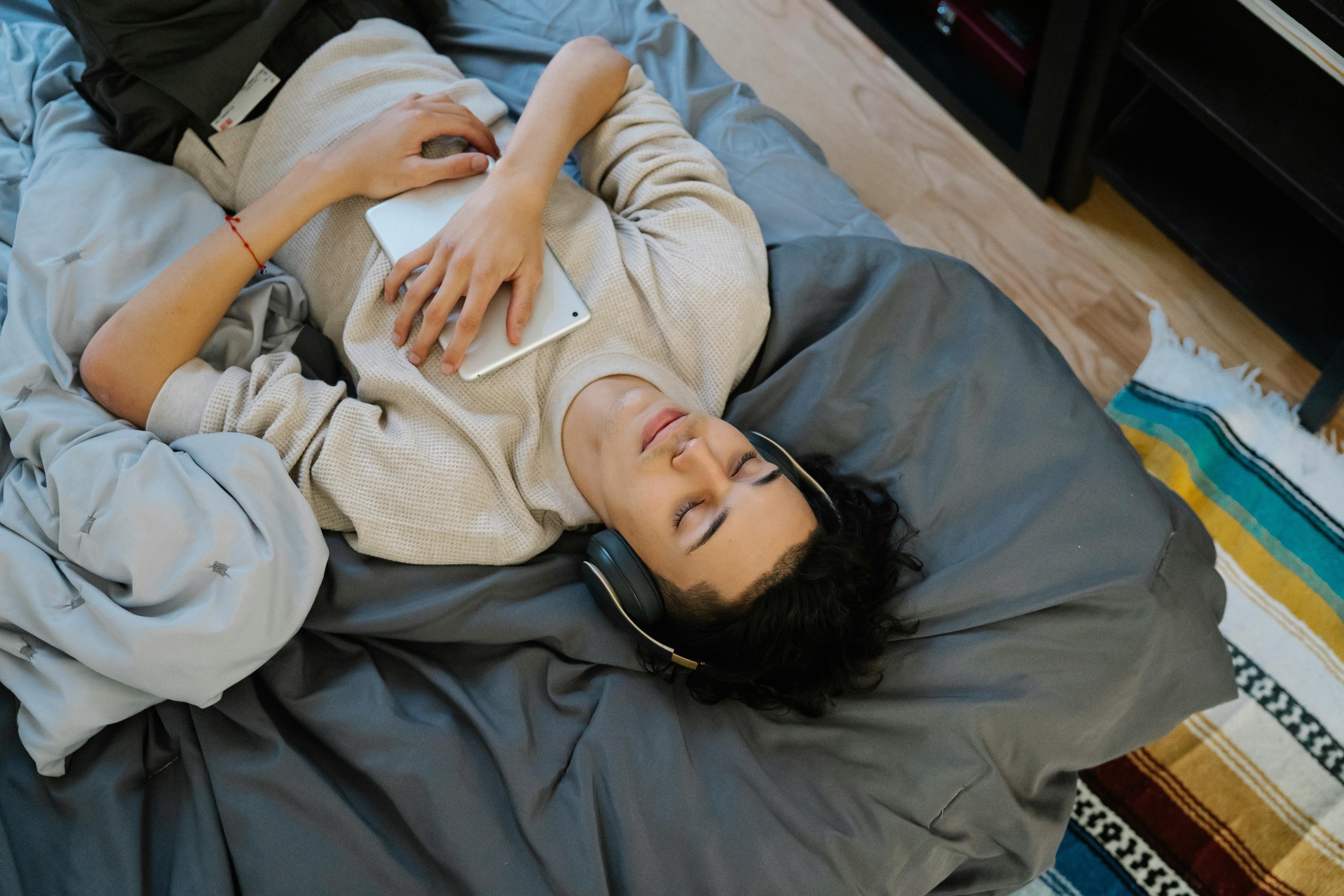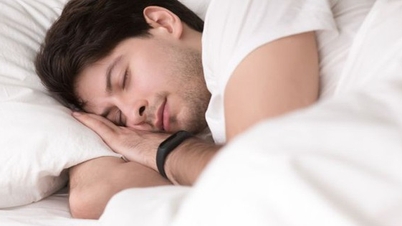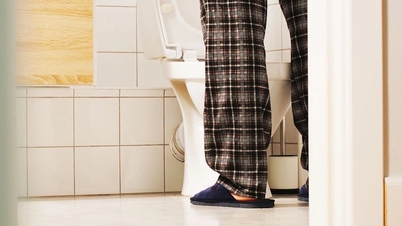Insomnia, insufficient sleep, difficulty falling asleep… are all signs of health disorders. Below are four tips suggested by health experts, which they themselves follow whenever they have trouble maintaining quality sleep.
Listen to an interesting program.
According to Dr. Jade Wu, a behavioral sleep medicine expert from the US, when she's tossing and turning, she often listens to audiobooks. She's learned to view sleep-challenging times as private moments to enjoy something she doesn't always have time for.
Ms. Wu said she has recommended this tip to many people, “Most patients and those I recommended it to liked it and found it helpful. At least it helped them reduce anxiety or frustration caused by insomnia.”

Listening to a favorite, relaxing program is a tip experts recommend when you're tossing and turning in bed.
Ms. Wu noted: It's best to avoid overly stimulating content. Because then, people tend to continue listening to find out what happens next, and the ultimate goal of falling asleep cannot be achieved.
Stop 'hinting' at sleep disorders.
Changing your mindset about sleep can make a big difference, as shared with Health by neurologist and sleep specialist W. Christopher Winter of Charlottesville Neurology and Sleep Medicine (USA).
“I didn’t think I ‘couldn’t sleep,’ but simply that I was temporarily unable to fall asleep at that moment. I learned to enjoy the feeling of waking up in bed and not stress about having trouble falling asleep. The secret to overcoming insomnia is finding joy in being in bed awake.”
Dr. Winter continued, explaining that dwelling on a common sleep disorder can make it harder to fall asleep: “I’ve had patients describe their tossing and turning at night in the most negative and gloomy terms. If you can learn to be happy in bed, just like when you’re sleeping, insomnia will no longer haunt you.”
Go to another place in the house.
Sleep specialist Eunice Torres Rivera, who works at Northwestern Medicine (USA), says she often gets out of bed and goes to a different area of the house when she can't sleep. It has to be a comfortable place with dim or dark lighting to help her regain her composure.
After that, she would do something relaxing like slow breathing or meditation.
Dr. Torres Rivera said people can also watch TV, but should set the screen to night mode or use a blue light filter. “Basically, the point is to do something that makes you feel comfortable or relaxed. Don’t look at the clock or worry too much about the time,” Dr. Torres Rivera said.

Consuming large amounts of caffeine during the day is a very likely cause of insomnia.
"Remind yourself that it's only temporary."
Dr. Andrea Spaeth, a sleep medicine researcher at Rutgers University of Arts and Sciences in New Brunswick (USA), shares that trying to identify the cause of insomnia is very helpful, such as caffeine or stress. However, it's important to remember that sleep patterns change with age.
"Sleep needs and habits change as we age, and that's okay, as long as it doesn't impair daytime activities. Stressing yourself out about not getting enough sleep will only make things worse," she said.
"Overanalyzing and overthinking our health can also have negative consequences. If you have a bad night, try to figure out why. Chances are, you'll sleep better the next night," Dr. Spaeth added.
Source: https://thanhnien.vn/4-dieu-cac-chuyen-gia-khuyen-lam-khi-kho-ngu-185241107212538833.htm












































































































Comment (0)